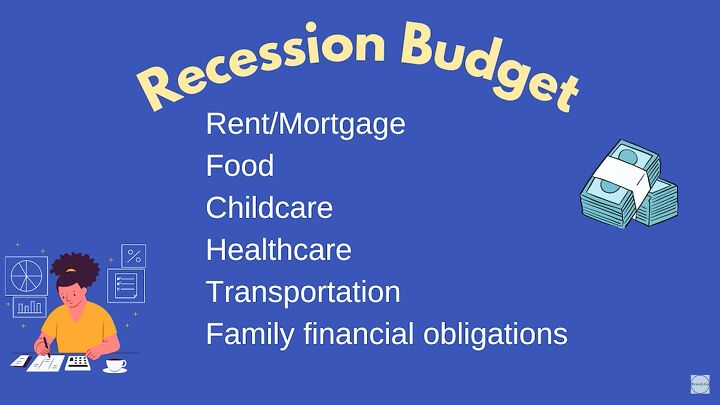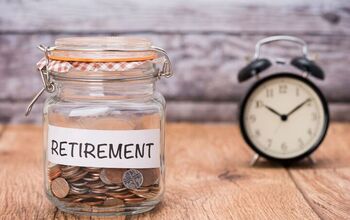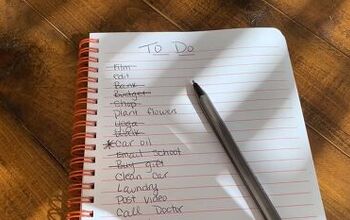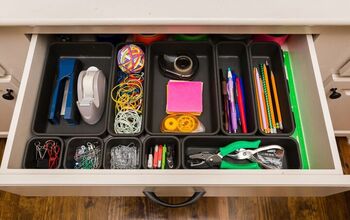How to Recession-Proof Your Finances

Financial recessions impact every area of your life. If you are not prepared, if your money and your financial skills and literacy are not ready for a recession, you can and unfortunately will get left behind.
However, do not worry – I am going to teach you how to recession-proof your finances. Today we are talking about how to survive a recession and maybe even use it as a chance to radically transform your life.
Recession budget
The most essential thing is to have a budget scenario for what you will do if you lose some or all of your income. This includes what categories you can eliminate, which ones you can pull back on, and a couple of ideas for diversifying your income.
The two things to focus on are having your needs met and keeping your financial life strong. Ideally, you do not want your credit score or ability to invest to suffer in a recession.
Here is what to include in your recession budget: rent, mortgage, childcare, health care, transportation, and family financial obligations (paying your mom’s phone bill or sending money to family abroad).
We want to know how much your bare bones, basic, basic, basic financial life costs, in case of a huge financial shock to your life. Remember, you can always add things back in.
Embracing sustainable living
We live in a world that discards things far too easily: we use things for a little while and then immediately replace them. We do not feel any attachment to our belongings.
We cannot continue down this path forever. Developing more sustainable habits is not only a fantastic way to help Mother Nature, but also to radically transform your financial life and survive a recession.
A 2010 NBC article showed that Americans developed habits during the 2008 recession that allowed them to get more usage out of their things.
Many Americans had experienced such a huge loss of wealth during the recession and had saved so much more money by changing the shopping habits that they kept those habits even as the economy improved.
Use this as an opportunity to become more sustainable, and develop skills like learning how to sew or fix things instead of buying new ones.
Diversifying and protecting income sources
Recessions usually come with widespread layoffs, so our goal is to protect and, if possible, diversify our sources of income. Focus on protecting your main source of income, the thing that brings you the biggest amount of money.
If this is your 9-to-5 job, get some certificate you can add to your resume to show the employer that you are committed. If you are an entrepreneur, concentrate on the stream of income that brings you the most money: try expanding your marketing efforts, reaching back to past clients, and asking for testimonials and referrals.
As for diversifying, there is always the side hustle. I do not believe in monetizing every single part of your life; however, if you have got the time and the desire, there are all sorts of ideas, from freelancing to babysitting to buying dividend-paying stocks.
Remember that people's lifestyles change during a recession, and so do their needs. Maybe you lose your job but your neighbor who has a new baby keeps theirs – they might be looking for in-home help with their newborn. Get creative and look for opportunities that are specific to your life.
Making the recession work for you
Now, how can you use a recession to radically transform your life? I am not a fan of the rather piping hot take that millionaires are made in recessions. This is a hugely broad and generally tone-deaf statement.
First and foremost, a recession means people lose their jobs. However, some people do keep their jobs through a recession, and if that is going to be the case for you, there are some things you can do to change your financial life for the better.
Let's talk about investing during a recession. You should only be investing during a recession if your needs are met, you have a four-to-six-month emergency fund, you are not going into debt and you can withstand volatility in the market.
If you do choose to invest, the market being down is an opportunity for you to be able to buy more things, more shares, and more stocks whose value is likely to go up. This is what people are referring to when they say that a recession is a chance to build millions.
It is a chance for you to get in when everything is cheaper and then to hold on to these things when they become more valuable.
Increasing your contributions to your workplace retirement account is probably the easiest way to buy more stocks during a recession. Just have the money pulled automatically from your paycheck and have it automatically buy stocks for you.
You can also do this if you have a self-employment plan or if you have an IRA.
However, if you want to know how to survive a recession and thrive afterward, it is not just about gobbling up assets at a cheaper rate.
Going back to the sustainability aspect, we want to be examining our financial lifestyle and our financial habits. If you have spent the last ten years really experiencing a lot of lifestyle inflation, a recession is a fantastic chance to kind of reset and get back to a little bit more of a minimalist and sustainable lifestyle.
This does not mean you cannot have fun or spend money on anything but stocks, but really take this time to sit down and ask yourself: is this a life I want to continue living? Is there a part of my life I want to change and a part of my life I want to keep in place?
How to recession-proof your finances
I hope this article has been useful to you; you now understand a little more about surviving a recession and feel a little less overwhelmed by the current financial situation.
Please drop your tips for surviving a recession in the comments, so we can get through rough economic waters together.





















Comments
Join the conversation